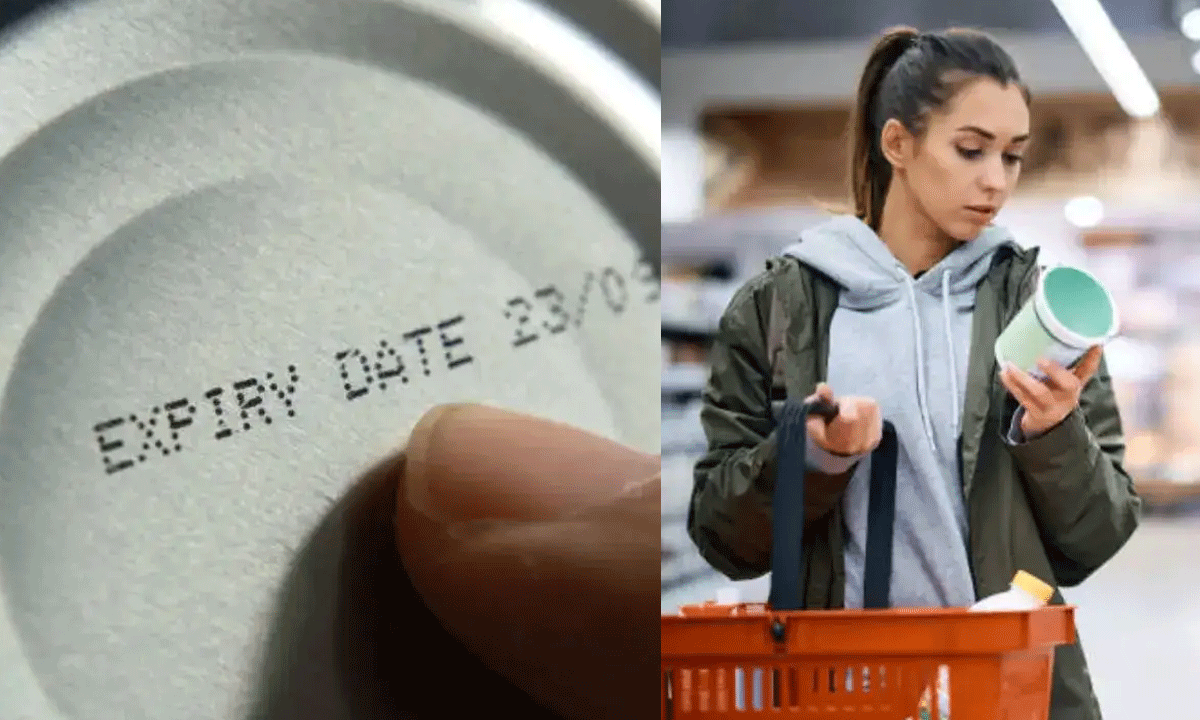Sell By, Use By, Best Before: What Food Labels Really Mean for Safety and Freshness
Have you ever hesitated to eat your favorite yogurt or cheese just because it’s a few days past the “Best By” date? You're not alone.

Have you ever hesitated to eat your favorite yogurt or cheese just because it’s a few days past the “Best By” date? You’re not alone. Many consumers believe food becomes unsafe immediately after the date printed on the label. But according to food safety experts, expiration dates are more about quality than safety—and relying solely on them could be contributing to massive food waste.
Table of Contents
What Do “Best By,” “Use By,” and “Sell By” Really Mean?
These labels are not regulated by the government but are instead voluntarily added by manufacturers to help indicate the peak quality of the product, not its safety. Here’s what each label actually means:
Also Read: Shafali Verma Returns to Top 10 in ICC T20I Rankings After Stellar England Series
- Best By / Best if Used By/Before: Indicates when a product is at its best flavor or quality.
- Use By: Refers to the last recommended date for peak quality, not safety.
- Sell By: Helps retailers manage inventory and is not meant for consumers to determine freshness.
Can You Still Eat Food Past the Expiry Date?
Yes, in many cases, you can safely eat food past the printed date. Experts say that:
- Milk and dairy products can be consumed 7–10 days past the best-by date if stored properly.
- Frozen foods can last indefinitely in the freezer, though flavor may degrade over time.
- Canned goods, cereal, pasta, and cookies can remain safe for years if the packaging is intact.
However, always inspect food for signs of spoilage and avoid eating if it shows:
- Mold
- Bad odor
- Discoloration
- Curdling or watery texture
Who Is at Risk from Eating Spoiled Food?
Even though most people can digest mildly spoiled food without falling sick, those with weakened immune systems, children, and the elderly may still experience nausea, vomiting, or diarrhea. It’s always best to use caution and your senses when evaluating food safety.
Tips to Make Your Food Last Longer
To reduce spoilage and extend the shelf life of your groceries, follow these smart storage tips:
- Keep raw meats and poultry away from other foods in the fridge.
- Avoid storing milk and eggs in the refrigerator door, where temperatures fluctuate.
- Freeze perishable items if not used quickly.
- Keep bananas separate—they release ethylene gas that can speed up ripening of other produce.
- Store pantry items in cool, dry areas with good airflow.
- Separate fruits and vegetables in the fridge to avoid premature ripening.
Bottom Line: Don’t Fear the Expiry Date
Food labels can be confusing, but knowing what they really mean can help reduce unnecessary food waste. Use your eyes, nose, and common sense—not just the printed date—to decide whether your food is still good to eat.
